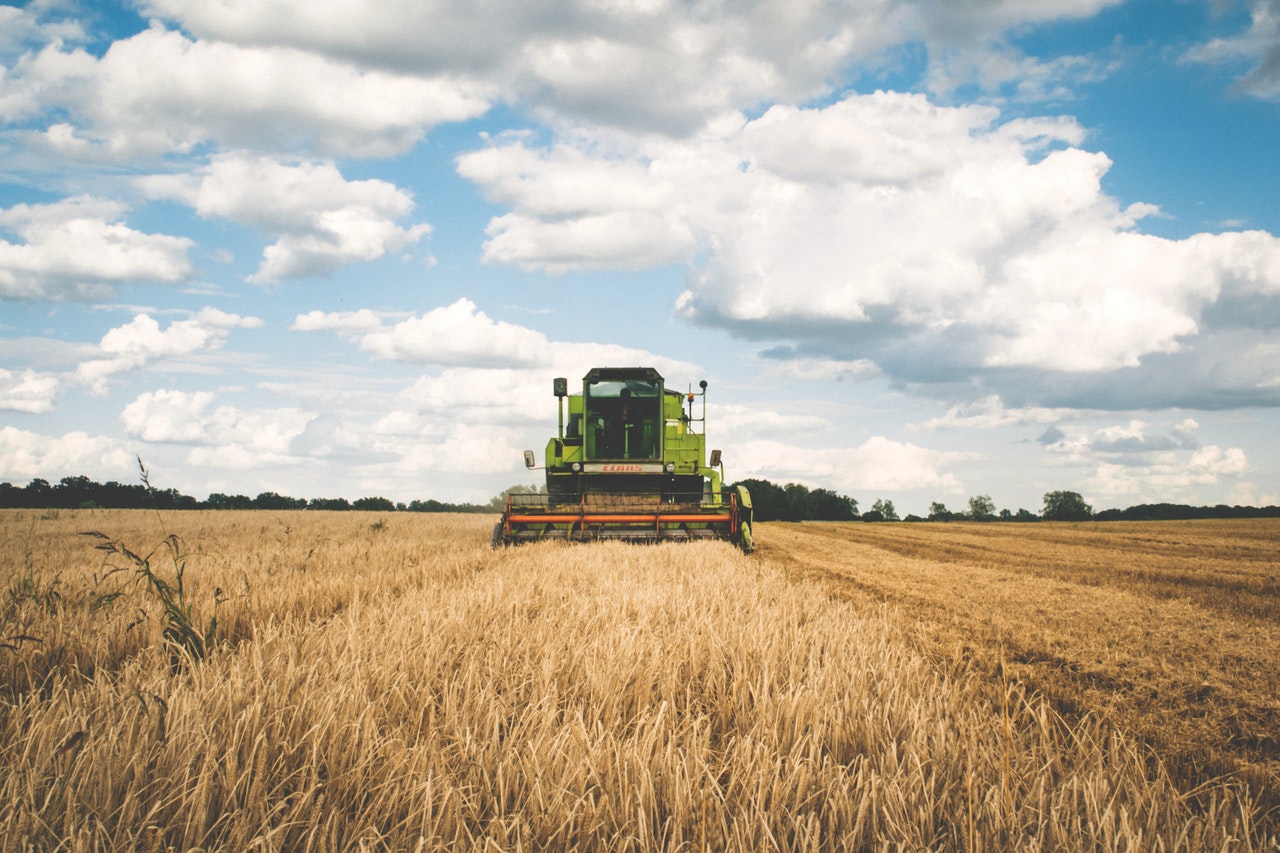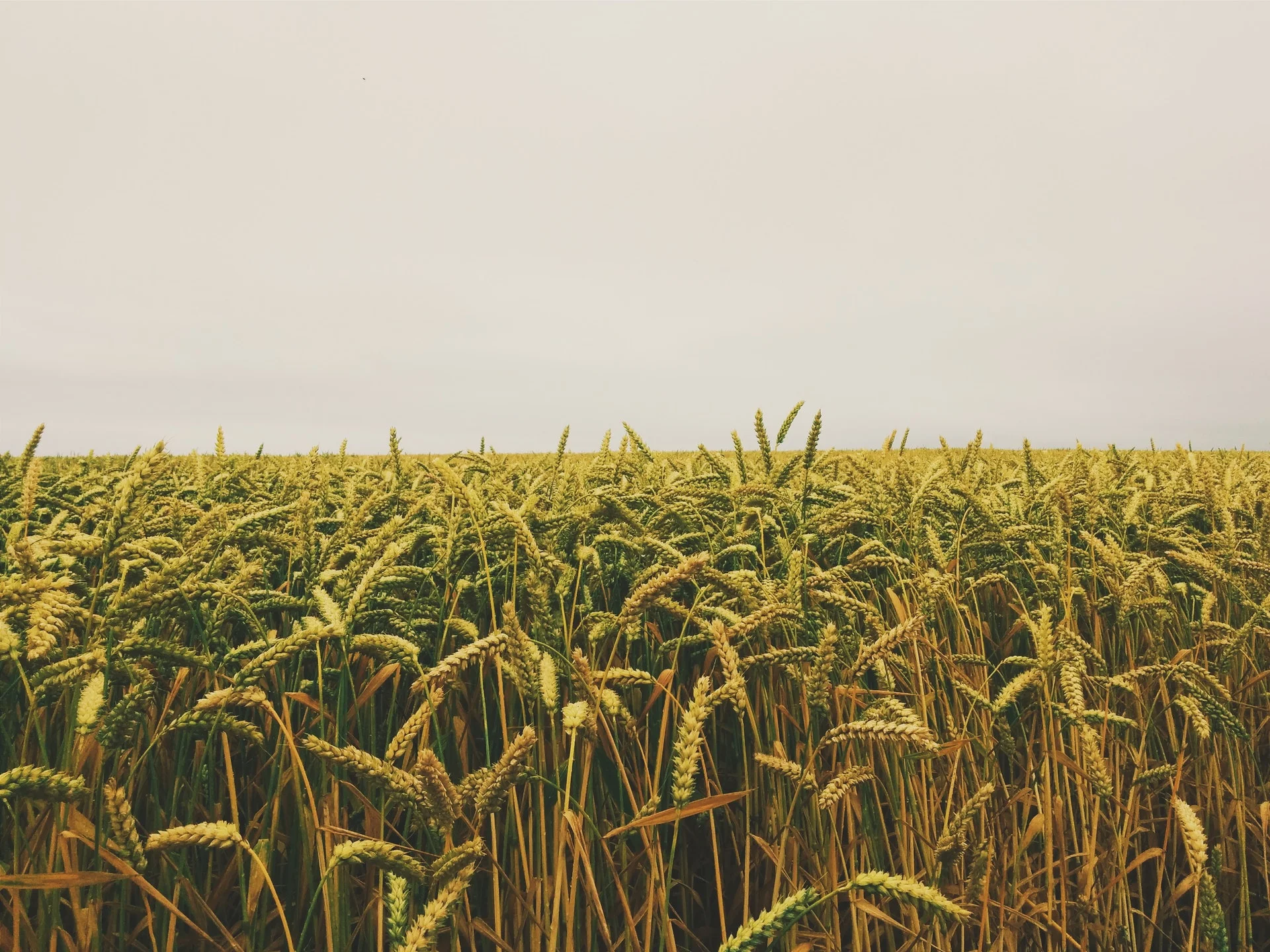Farmers often face a crossroads when it comes to their selling their farm. Some of them want to sell up and move on, others want to sell and buy again but a bigger farm this time. Others don't have much choice but to sell their farm to pay off debts. Farms and estates are often assets that sell very well, whether at auction or in a private sale, and there are more reasons now more than ever to buy into the land. Buyers and sellers have a bright future in farming, and if you want to sell, you need the right tips to help you to get there.
Sometimes, when there is nothing on the market, and you know you have no choice but to sell up, you need to explore your options. Perhaps instead of downsizing the farm, you could downsize the equipment through farm equipment auctions in order to generate more cash to buy another farm. There are always options out there for those serious about moving on. Below, we're going to explore a few tips to help you with your farm sale so that it can move as smoothly as possible.
Get Ready to Work
Selling a farm - from downsizing the equipment to moving the farm through sales - is not an easy job. So, it's time to get ready for some hard work and get proactive with it. It's competitive as a market as fewer farms are coming onto the scene than you think. It's essential to register with some agents so that they can let you know if any other farms are available, and if you're going through the auction process, it's essential to map out your next steps.
Sort the Finances
Are you looking to expand and buy again? In that case, you need to speak to your bank about further borrowing as early as possible. A loan from the bank can bridge you from one farm sale to the next purchase, speeding it up along the way.
Get an Agent
Selling a farm takes the experts to work with you to get it right. A farm agent can help you to get your whole farm ready to market while managing your communications and marketing, too.
Arrange for Great Presentation
From the photography of the farm to the brochure and online description, you need to realize that the presentation of your farm is not something that should be overlooked. Making a good impression is key if you want to have a successful sale, and you should consider the timing of your sale, too, so that you get the pictures of a farm that's flourishing rather than one that's messy and dying.
Your farm has untapped potential, and you should consider how much you need your farm to sell. If you go through the process properly, you shouldn't have much of an issue getting the sale right. Take your time, plan correctly and you can have a successful farm sale.


































